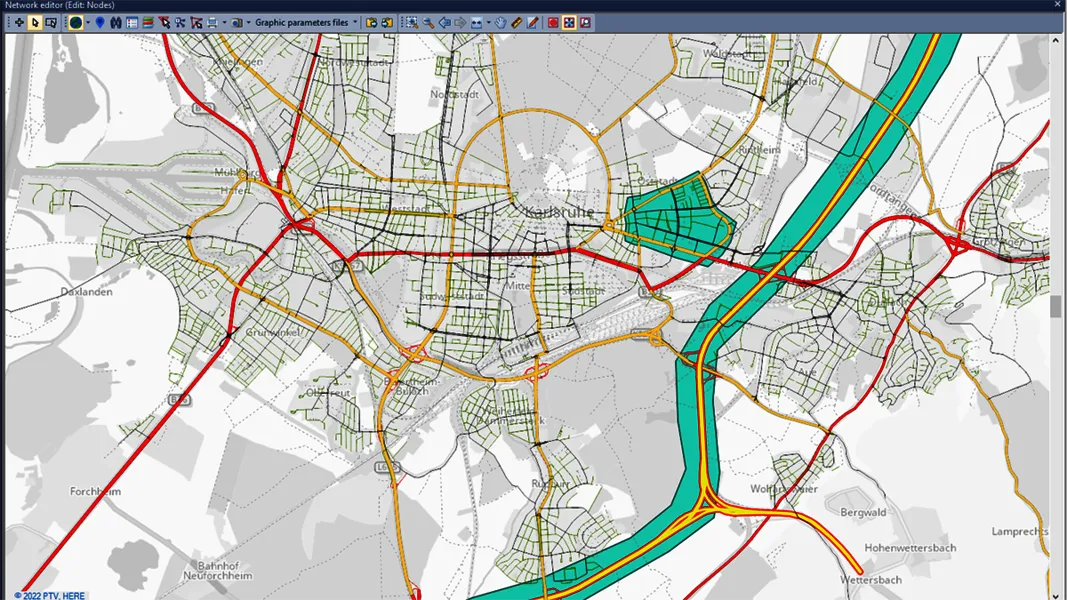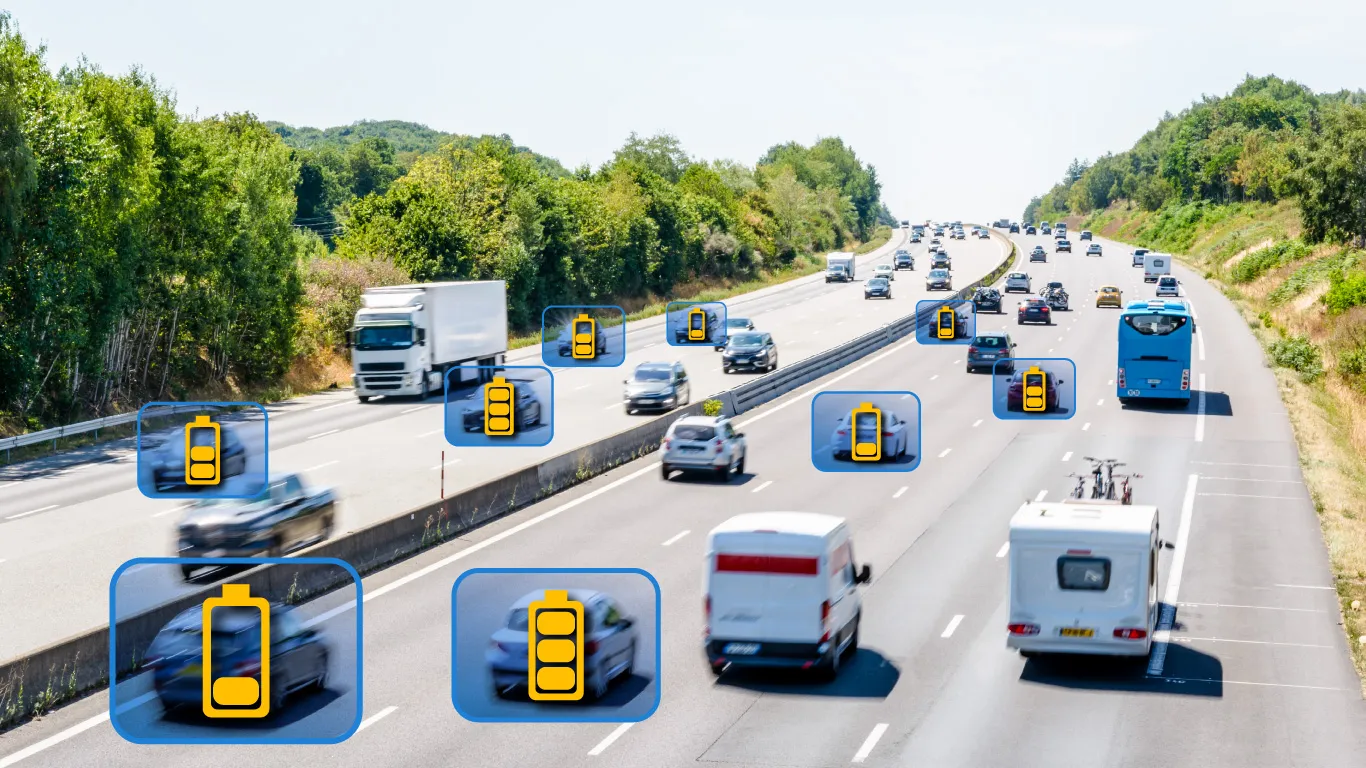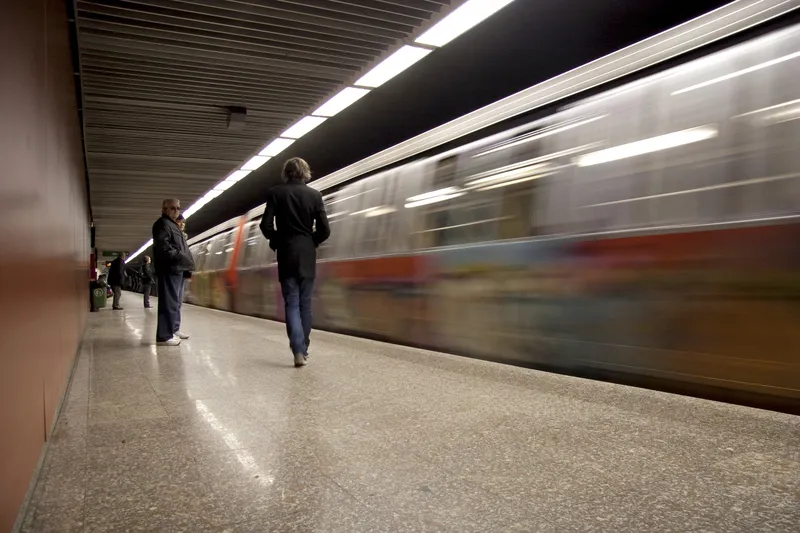
The entire PTV Mobility Software Release 2023 will be showcased by PTV CEO Christian Haas and PTV experts within a LinkedIn Live Session on Tuesday, 18 October 2022 at 15:00 CEST.
It will feature new versions of solutions for transportation modelling, multimodal simulation and real-time traffic management.
One of the new elements of existing transport planning software PTV Visum is the hybrid macro-meso assignment, which means users can now blend mesoscopic and macroscopic assignments in the same model run, which allows them to evaluate more projects in less time, PTV says.
PTV Visum 2023 is also tightly integrated with Activity-Sim, the open-source package for activity-based demand modelling and users can now import bicycle networks from OpenStreetMap.
Meanwhile traffic simulation software PTV Vissim has had an upgrade which includes the possibility to automatically set speed limitations in curves, reverse parking and improved duplicate, copy and paste function of link connectors and selections of multiple network objects to reduce modelling effort and errors.
The new software version supports the FBX (Filmbox) format for vehicles, pedestrians and static 3D models, and has an assistant for web map services configurations.
The 2023 edition of the traffic engineering software PTV Vistro improves trip generation by adding ITE TripGen data to the model via ITE’s app.
Improved Universal Traffic Data Format (UTDF) import allows users to quickly integrate layout, lanes, phasing, timing plans, and volumes, PTV adds.
Thus, users can import data from various traffic models and signal controller systems for future analysis in Vistro, Vissim, or Visum.
Finally, PTV Optima allows operators to simulate a custom amount of additional traffic demand to or from specific locations and within time intervals - making it easy to analyse the impact of major traffic events - both planned (concerts and sport matches) and unplanned (such as extreme weather, strikes and evacuations).
“Our users – transportation planners, modellers, and decision-makers – are shaping the future of mobility with their daily work," says Haas.
“We aim to provide our users with the best possible tools to turn their project into reality and to speed up changing mobility for a cleaner, smarter, more equal, and safer future. I am convinced that technology is key to transform transportation.”
.
Free tutorials are available here









